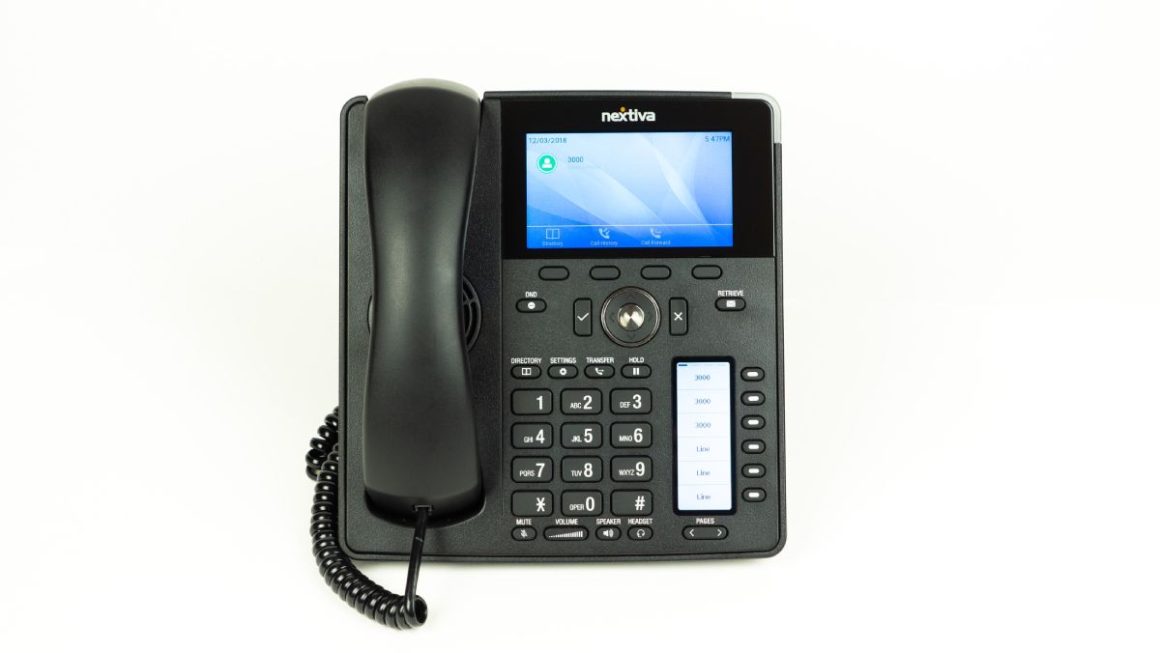We will begin this reflection by asking the following question: What exceptional qualities should a business administrator have?
At first glance, the answer seems obvious. Still, as we progress in the roles and responsibilities of an administrator, we will notice that a simple name will contain a series of human, managerial, and business micro-constructions since administration as a science covers without several responsibilities that go beyond what is strictly labor or business.
In this context, a business administrator is a person who must be in permanent growth, which allows him to establish a particular vision translated into innovative actions for himself and for the human resource that accompanies him in his day-to-day work. We are talking about a type of person who privileges the human, knowing that his work is, to a large extent, the rudder that directs the business ship. This singular responsibility places him in the eye of the hurricane since his actions mark the economic and strategic route.
From this perspective, the current business administrator must combine multiple skills for company management, becoming one of the most creative and dynamic members of any modern company. This type of expert dynamically and proactively transforms a set of human, technical and economic resources with a global vision even in a local environment. To become an administrator of this nature, one must have some essential qualities. Among them, we point out some as they are considered fundamental:
Table of Contents
Qualities of The Business Administrator
Communicative Qualities
- Encourage your staff with pleasant and encouraging words.
- His language is safe, but he does not lose sight of the generosity in the use of appeal.
- He does not lose sight of the fact that respect for the other is manifested at the level of oral and written communication.
- Show empathy when listening to the “other.”
- It allows quality time to be communicated, promoting spaces for your staff to give their opinion and discern in an atmosphere of complete freedom.
Managerial Qualities
- He knows all the company’s spaces at an economic and strategic level and interprets the changes as opportunities and creative challenges.
- He is an expert in the product offered by the business and ensures that each team member is also an expert, giving participation and taking into account the ideas of those around him.
- He is aware of the importance of communication, so that he frequently meets with his work team, listens to their opinion on a topic, reflects, and takes note of the suggestions.
- Establish a flexible but realistic action plan to improve its avatars to take it to great heights.
Creative Qualities
- He is interested in change and makes his staff in a continuous process of human and academic reengineering.
- It allows the creation of self-directed groups and the meeting of shared knowledge.
- Analyze conflicts from the platform of opportunities and open spaces to reformulate areas that require change constantly.
- Visualize the company as a large painting full of colors, shapes, and textures strung together to generate material and spiritual benefits.
And you? What type of Business Administrator Are You?
These qualities and many others that could be named only highlight the great challenge facing the business administrator of the 21st century, in what concerns to value the capital and human to generate administrative processes that guarantee the labor well-being and the company’s economic health.
This assertive and thoughtful manager understands the precise nature of working with people who give satisfactory answers, monitoring and fine-tuning the various assigned tasks by example. By its very interactive essence, this shared effort gear generates a culture where risk is rewarded, and eventual failures do not dramatically impact the most relevant objectives.
Similarly, business administrators who are effective in their work learn from others and seek to consolidate very close to adequate, situational, and transactional leadership. Being relative to their peers helps them to give axiological meaning to their management, understanding, and practicing assertive communication at all levels.
Also Read: How Business Intelligence Can Transform Your Business




